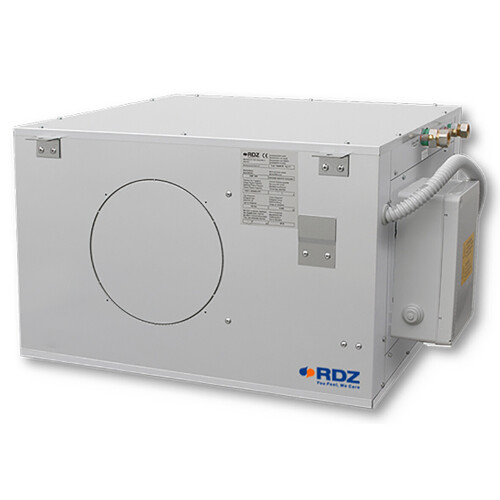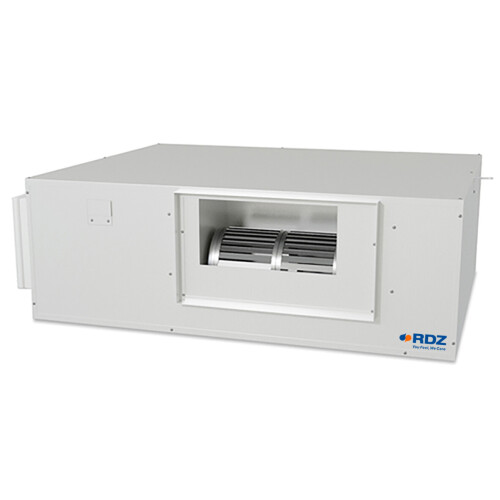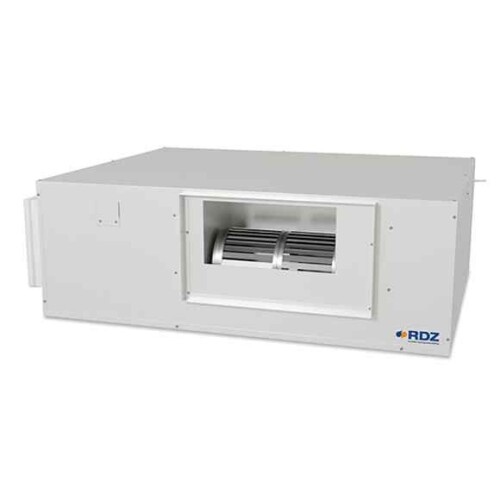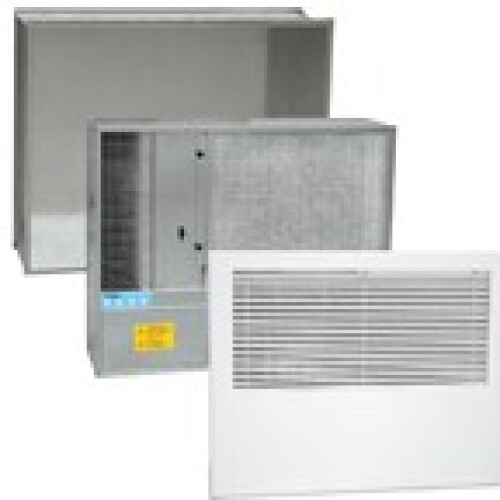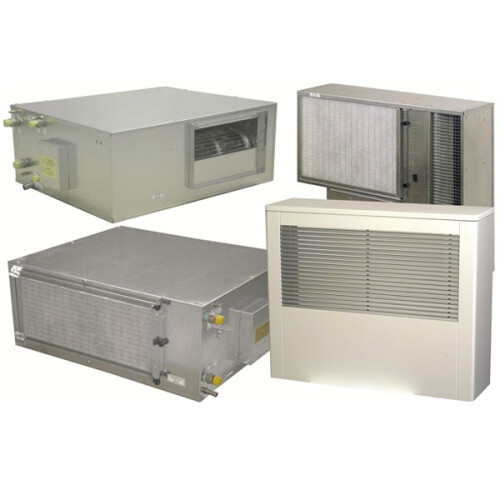Dehumidifiers
Dehumidifiers: the solution to improving air quality and comfort in industrial and commercial environments
Dehumidifiers are an essential solution for improving air quality and comfort in industrial and commercial spaces. These devices, designed to reduce relative humidity levels, are used in a wide range of business settings, from production facilities to offices and warehouses.
In this article, we explore the features, benefits, and applications of dehumidifiers in the B2B sector, providing a comprehensive overview of this fundamental technology.
Benefits of dehumidifiers for businesses
Using dehumidifiers offers several key advantages for businesses. Firstly, they help improve indoor air quality by reducing allergens such as mould and dust mites, which can affect employee health.
Controlling humidity levels can also prevent structural damage, such as wall and ceiling deterioration caused by excessive moisture, while also protecting stored equipment and materials. Additionally, a less humid environment is generally more comfortable for employees, enhancing productivity.
Applications of dehumidifiers in the B2B sector
Dehumidifiers are employed in a variety of business environments. In manufacturing facilities, they are essential for maintaining stable environmental conditions, preventing machinery corrosion, and ensuring product quality. In warehouses and logistics centres, they help protect stored goods from humidity, preventing damage and deterioration.
In offices, they contribute to a comfortable and healthy working environment by reducing the risk of air-quality-related illnesses. In industries such as pharmaceuticals and food processing, dehumidifiers are crucial for maintaining high hygiene standards and complying with safety regulations.
Maintenance of dehumidifiers
To ensure optimal performance, regular dehumidifier maintenance is essential. This includes cleaning air filters, which can accumulate dust and reduce efficiency. The water tank and drainage pipe should also be checked and cleaned regularly to prevent mould growth.
Additionally, heat exchangers should be inspected and cleaned to maintain dehumidification efficiency. Proper maintenance not only extends the lifespan of the device but also ensures a healthy and safe work environment.
Innovations and trends in dehumidifiers for the B2B sector
Dehumidifier technology is constantly evolving. One of the latest trends is integration with business automation systems, allowing remote control and monitoring via digital platforms.
Advanced models also offer automation features such as automatic humidity detection and setting adjustments to maintain optimal conditions. Furthermore, the use of eco-friendly refrigerants helps reduce the environmental impact of these devices, making them a sustainable choice for businesses.
Dehumidifiers are essential devices for improving air quality and comfort in industrial and commercial environments. With a wide range of applications—from production facilities to storage spaces and offices—they offer numerous benefits, including humidity reduction, mould prevention, and improved workplace comfort.


